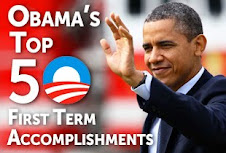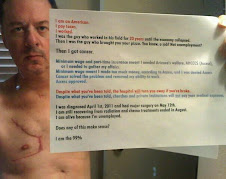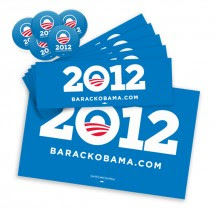Mitt Romney asserted that the 47 percent of Americans who had no federal income tax liability would “vote for the president no matter what.”
Actually, a lot them don’t vote, and of those who do, many vote Republican.
There is, unfortunately, no data linking federal income tax rates directly to voting behavior. But we do have some demographic information about those 47 percent (technically, 46 percent, if you’re looking at the most recent year of data) of American households that don’t pay federal income taxes, and we can use those demographics to make some educated guesses about how those people might vote.
About half of people who don’t owe federal income tax owe nothing because their incomes are too low; that is, all of their income is exempted after they take the standard deduction and personal exemptions for taxpayers and their dependents. For the most part, these households make less than $30,000 a year.
In 2008, when voter turnout rates were at or around record highs, fewer than half (44.9 percent) of adults in households making less than $30,000 per year voted, according to Census Bureau data. And of those who did vote, a substantial chunk voted for John McCain, the Republican candidate: 25 percent of those making under $15,000, and 37 percent of those making $15,000 to $30,000.
What about the rest of households who don’t pay federal income taxes?
This group generally doesn’t pay federal income taxes because of various deductions and credits in the tax code, known as “tax expenditures.”

Older Americans vote in very high numbers. In 2008, 70.2 percent of people over age 65 voted, according to the Census Bureau. And in that election, older voters supported John McCain over President Obama by an eight-percentage-point margin, with 53 percent voting for Mr. McCain. The latest New York Times/CBS News poll, conducted last week, showed likely voters in the same age group supporting Mr. Romney by a 15-point margin – even wider than the gap on Election Day 2008.
It’s probably fair to assume, then, that many of the people who don’t pay federal taxes because they’re benefiting from expenditures aimed at older Americans will vote for Mr. Romney, not Mr. Obama.
Those benefiting from tax provisions for low-income working families with children are, by definition, poor, and as we’ve established, poor people lean strongly Democratic but they don’t vote in very high numbers.
The remainder of the households that don’t pay federal income taxes because of other miscellaneous tax expenditures (tax-exempt interest, itemized deductions, capital gains rates and so forth) are harder to pin down demographically, so it’s challenging to make educated guesses about their likely voting behavior.
Mr. Romney also said that this “47 percent” of people who don’t pay federal income taxes are the same people who are “dependent” on government services:
All right, there are 47 percent … who are dependent upon government, who believe that they are victims, who believe the government has a responsibility to care for them, who believe that they are entitled to health care, to food, to housing, to you name it.First of all, the nonpayers can’t be conflated with the service receivers; people of all incomes and tax liabilities receive government services, not just those who have no federal income tax liability.
Are the people who do depend more heavily on government benefits at least more likely to vote Democratic, regardless of their tax burdens? Maybe those are the people Mr. Romney had intended to imply would vote for Mr. Obama “no matter what.”
But as a portrait of the social safety net in The New York Times found last spring:
Support for Republican candidates, who generally promise to cut government spending, has increased since 1980 in states where the federal government spends more than it collects. The greater the dependence, the greater the support for Republican candidates.


























No comments:
Post a Comment